
Experts from the Ministry of Health (MOH), the World Health Organization (WHO), Médecins Sans Frontières (MSF), UNICEF, the International Federation of the Red Cross / Red Crescent (IFRC), the Congolese Red Cross, and the Alliance for International Medical Action (ALIMA) work closely together at base camp
Multidisciplinary teams in the Democratic Republic of the Congo are faced with numerous challenges as they respond to an outbreak of Ebola virus disease in the remote, forested regions in the northern part of the country. WHO and other partner agencies led by the Ministry of Health have secured and set up a base to coordinate their work and end the outbreak as quickly and as safely as possible.
One of the first challenges for the Ebola response multidisciplinary team arriving in the remote north of the Democratic Republic of the Congo was to find a base from which response activities could be coordinated. With impassable roads, extremely limited telecommunications coverage and an acute lack of infrastructure and basic commodities in the affected Bas-Uele province, creating an equipped and secure base camp was essential to ensure an effective and coordinated response.
The grounds at a former convent in the health zone of Likati were quickly adapted to accommodate the Ministry of Health-led interagency team, as well as to store the medical and logistics supplies necessary to bring the outbreak to an end as quickly as possible.
Tents have been rapidly erected and a camp kitchen, latrines and other basic facilities put in place. Mobile generators power laptops, phones and lights, and essential supplies such as drinking water and fuel are flown in by helicopter.
Experts from the Ministry of Health (MOH), the World Health Organization (WHO), Médecins Sans Frontières (MSF), UNICEF, the International Federation of the Red Cross / Red Crescent (IFRC), the Congolese Red Cross, and the Alliance for International Medical Action (ALIMA) work closely together at base camp.
Daily activities include: rapid deployment to respond to alerts and suspect cases, monitoring contacts, and visiting sick patients in hard-to-reach villages in the surrounding forests. The teams also spread out to other health zones in the affected area to carry out these essential tasks and to raise awareness about Ebola, assess and improve infection prevention and control, and work with teams of volunteers from surrounding villages to mend bridges and forest tracks to improve access to those at-risk.
To protect the health of all those supporting the response as well as to prevent spread of Ebola, everyone entering the coordination centre has their temperature taken to ensure they do not have a fever. Once their temperature has been taken, the people entering the compound must then wash their hands in chlorinated water.
Coordination meetings for the deployed team take place first thing every morning and at the end of the working day. As dusk falls, all those involved in the response gather for a group debrief on the information that has been gathered by surveillance and treatment teams and results obtained by the laboratory team. Updates on security, logistics, risk communications, infection prevention and control and psychosocial care are all shared, challenges are discussed and plans for the next day’s activities are outlined. Situation reports are provided daily to the National Coordination Committee in Kinshasa.
Some of the health zones where cases of Ebola have been either confirmed or suspected are many hours away from the coordination centre. Inaccessible by 4-wheeled vehicles, affected sites such as Muma, situated around 100 kilometres away, require long and hazardous journeys down narrow forest paths and across dilapidated bridges on motorbikes donated by UNICEF and UNFPA. To allow for an effective response, smaller multidisciplinary teams have now been established in these hard-to-reach locations.
Read Full Story
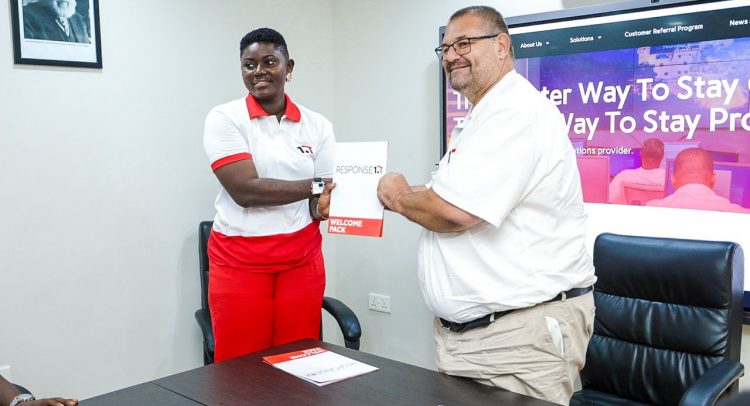

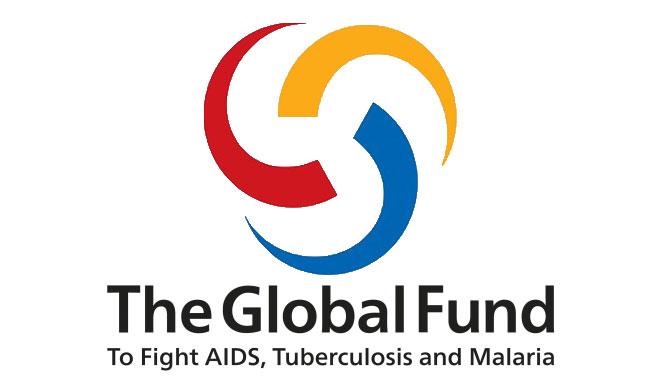
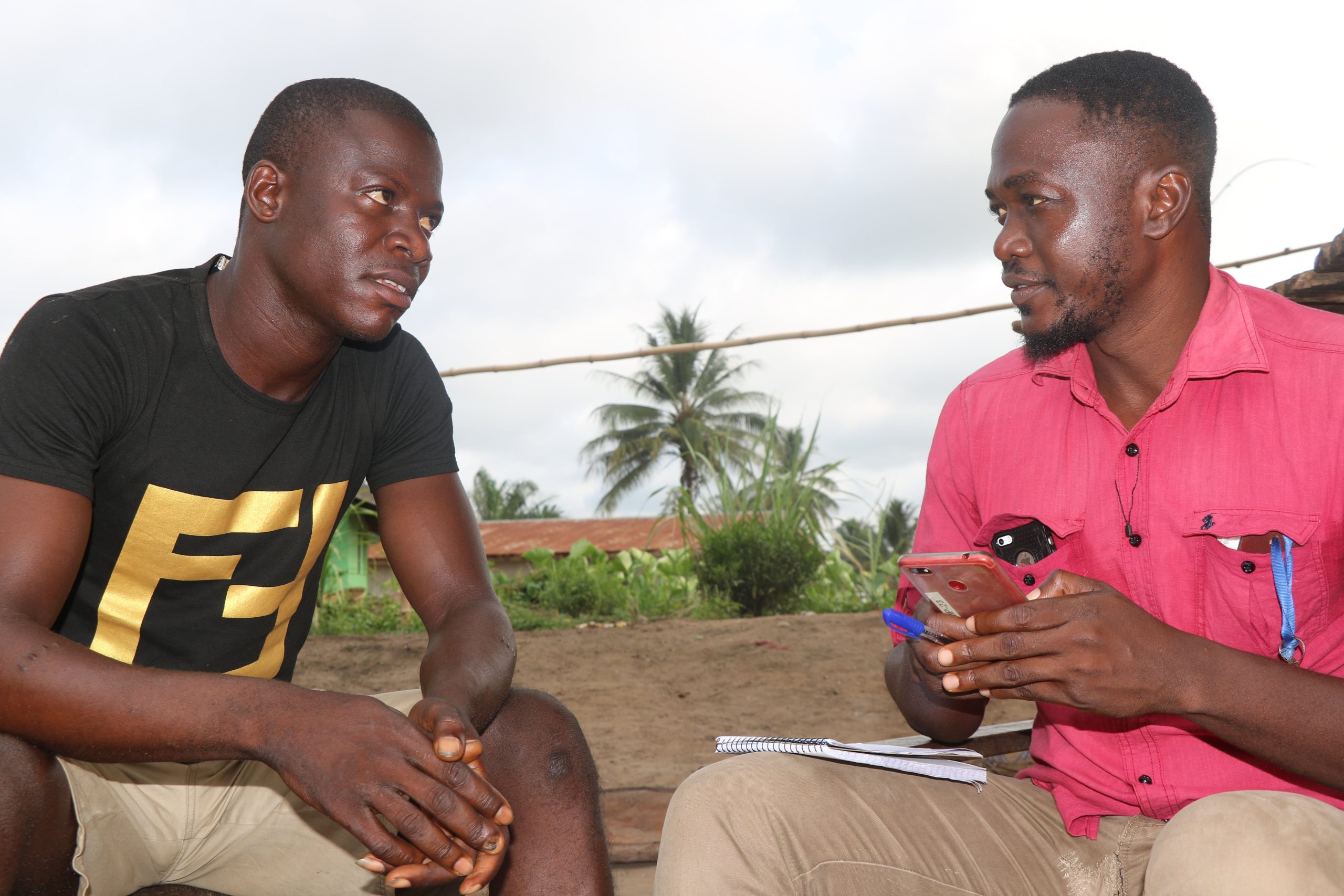
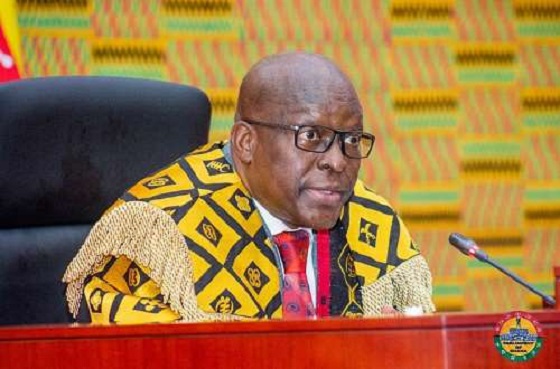











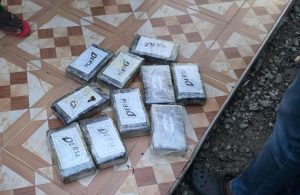

Facebook
Twitter
Pinterest
Instagram
Google+
YouTube
LinkedIn
RSS